"Shift tax burden from income to spending"
The Serbian tax system should be changed in such a way as to shift the brunt of the tax burden from income to spending.
Tuesday, 20.12.2011.
14:58

The Serbian tax system should be changed in such a way as to shift the brunt of the tax burden from income to spending. This was said on Tuesday at a a conference entitled Tax system reform in Serbia, organized by the National Alliance for Local Economic Development (NALED). "Shift tax burden from income to spending" This means contributions and income tax should be lowered, especially on the lowest salaries, while spending should be taxed more through value-added tax (VAT) and excise taxes, said U.S. Agency for International Development (USAID) expert Dusan Vasiljevic. Lower income taxes would stimulate employment at a time when unemployment is the main economic and social challenge, and since VAT is charged on imports but not on exports, this would improve the competitiveness of Serbian producers, Vasiljevic said. At the same time, VAT is not charged on investments, so it would be a step toward speedy and sustainable economic development, Vasiljevic said, adding a poll conducted among 1,000 companies showed that, besides parafiscal charges, the greatest negative effect on their business comes from income tax and contributions. Member of the Fiscal Council Nikola Altiparmakov stressed this kind of tax reform would positively affect the creation of a sustainable post-crisis model of economic growth, based on export growth, and increased competitiveness. Altiparmakov said it is not possible to lower income tax without increasing other taxes as this would create a huge budget deficit, considering that Serbia, regardless of tax reform, needs to cut its budget spending in order to bring down the deficit. In case of a tax reform, an additional reduction in budget spending would be difficult to accomplish and would have to be accompanied by several years of frozen public sector salaries and pensions, which means easing the tax burden on salaries means a partial rise in other taxes, he added. Altiparmakov also noted that this could be accomplished by raising both VAT rates by four percent, introducing a single VAT rate of 18 percent, or a combination of these two approaches - raising both rates by two percent and transferring some products currently on the lower-rate list to the standard rate.
"Shift tax burden from income to spending"
This means contributions and income tax should be lowered, especially on the lowest salaries, while spending should be taxed more through value-added tax (VAT) and excise taxes, said U.S. Agency for International Development (USAID) expert Dušan Vasiljević.Lower income taxes would stimulate employment at a time when unemployment is the main economic and social challenge, and since VAT is charged on imports but not on exports, this would improve the competitiveness of Serbian producers, Vasiljević said.
At the same time, VAT is not charged on investments, so it would be a step toward speedy and sustainable economic development, Vasiljević said, adding a poll conducted among 1,000 companies showed that, besides parafiscal charges, the greatest negative effect on their business comes from income tax and contributions.
Member of the Fiscal Council Nikola Altiparmakov stressed this kind of tax reform would positively affect the creation of a sustainable post-crisis model of economic growth, based on export growth, and increased competitiveness.
Altiparmakov said it is not possible to lower income tax without increasing other taxes as this would create a huge budget deficit, considering that Serbia, regardless of tax reform, needs to cut its budget spending in order to bring down the deficit.
In case of a tax reform, an additional reduction in budget spending would be difficult to accomplish and would have to be accompanied by several years of frozen public sector salaries and pensions, which means easing the tax burden on salaries means a partial rise in other taxes, he added.
Altiparmakov also noted that this could be accomplished by raising both VAT rates by four percent, introducing a single VAT rate of 18 percent, or a combination of these two approaches - raising both rates by two percent and transferring some products currently on the lower-rate list to the standard rate.



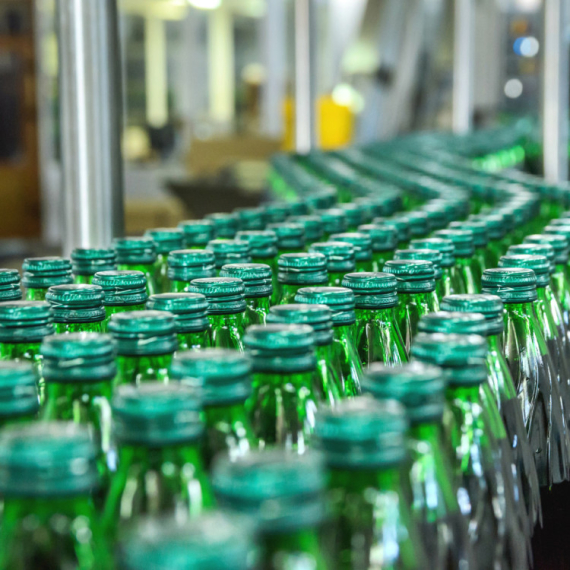







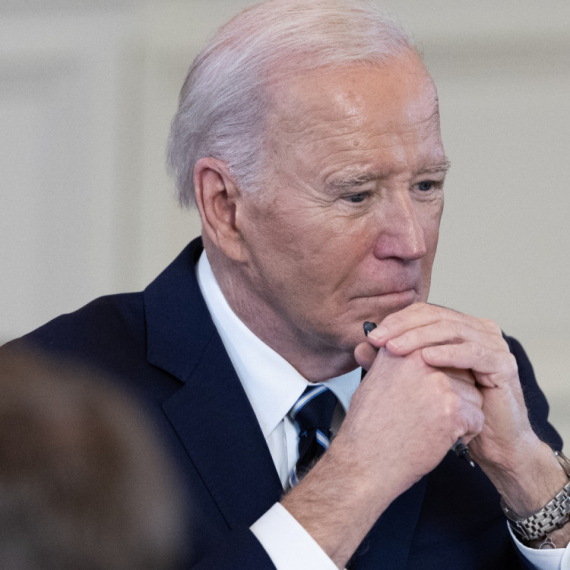
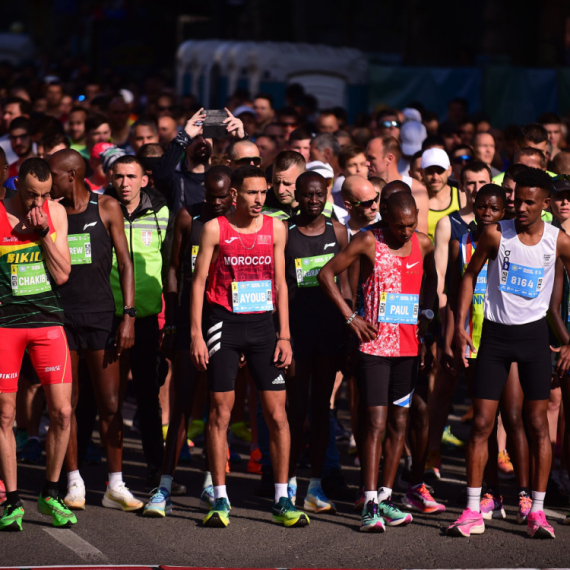

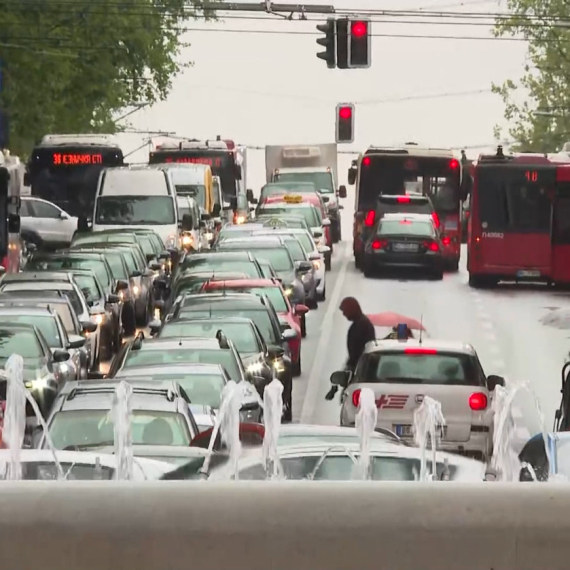

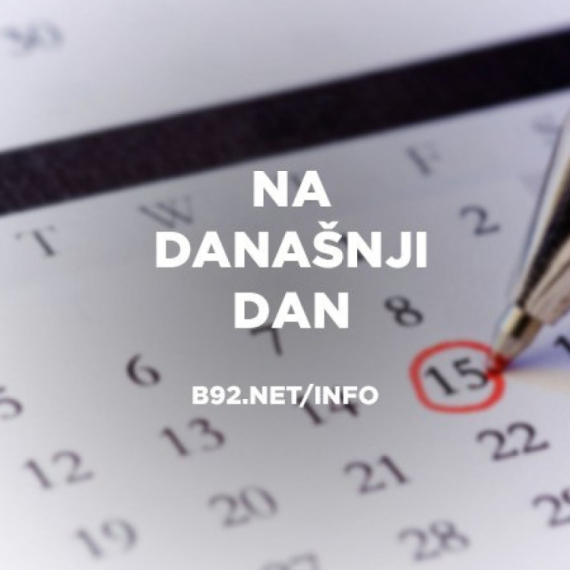



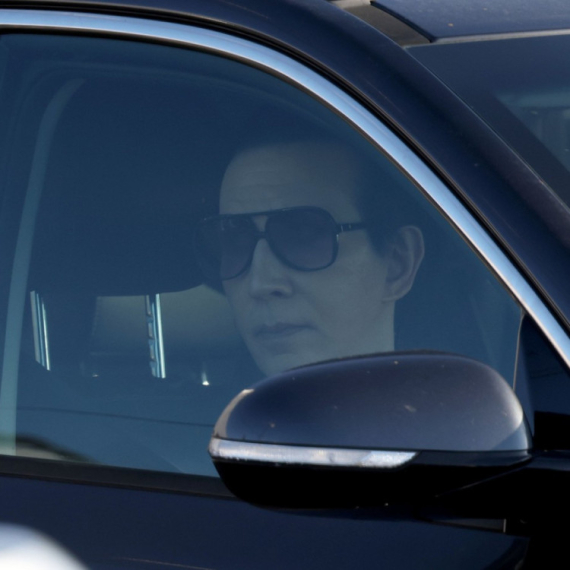



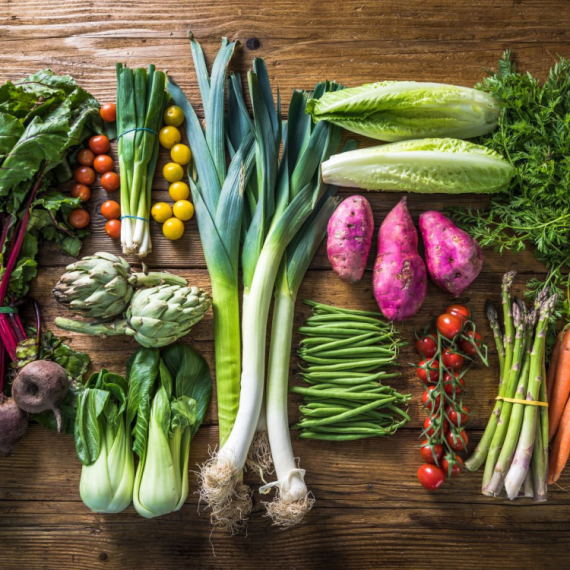






















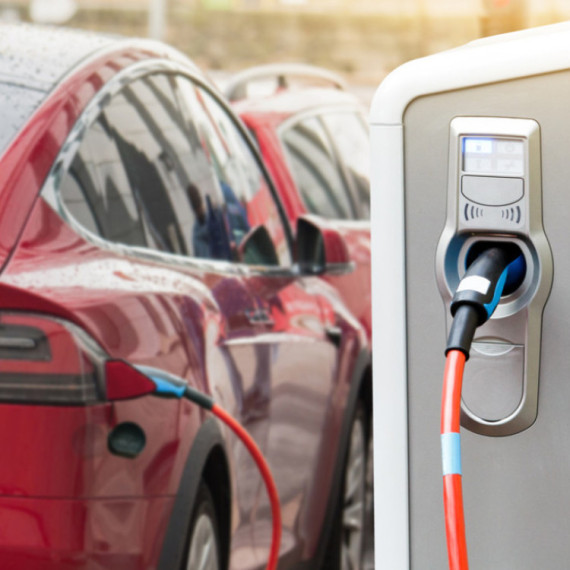

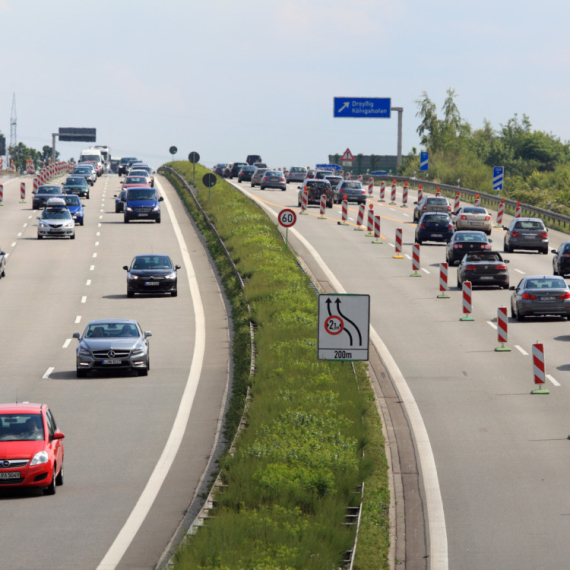


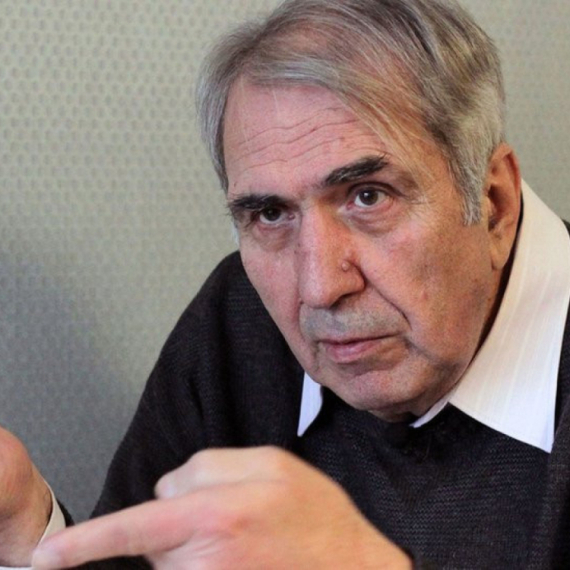


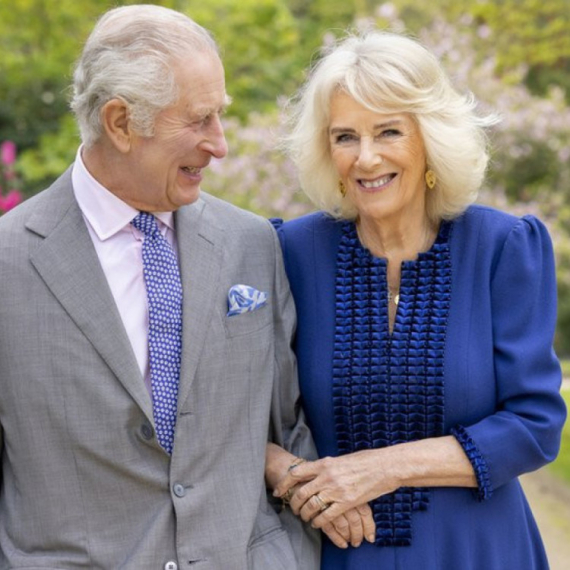


Komentari 6
Pogledaj komentare